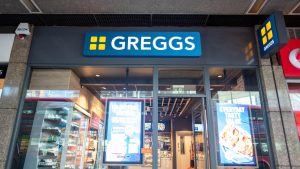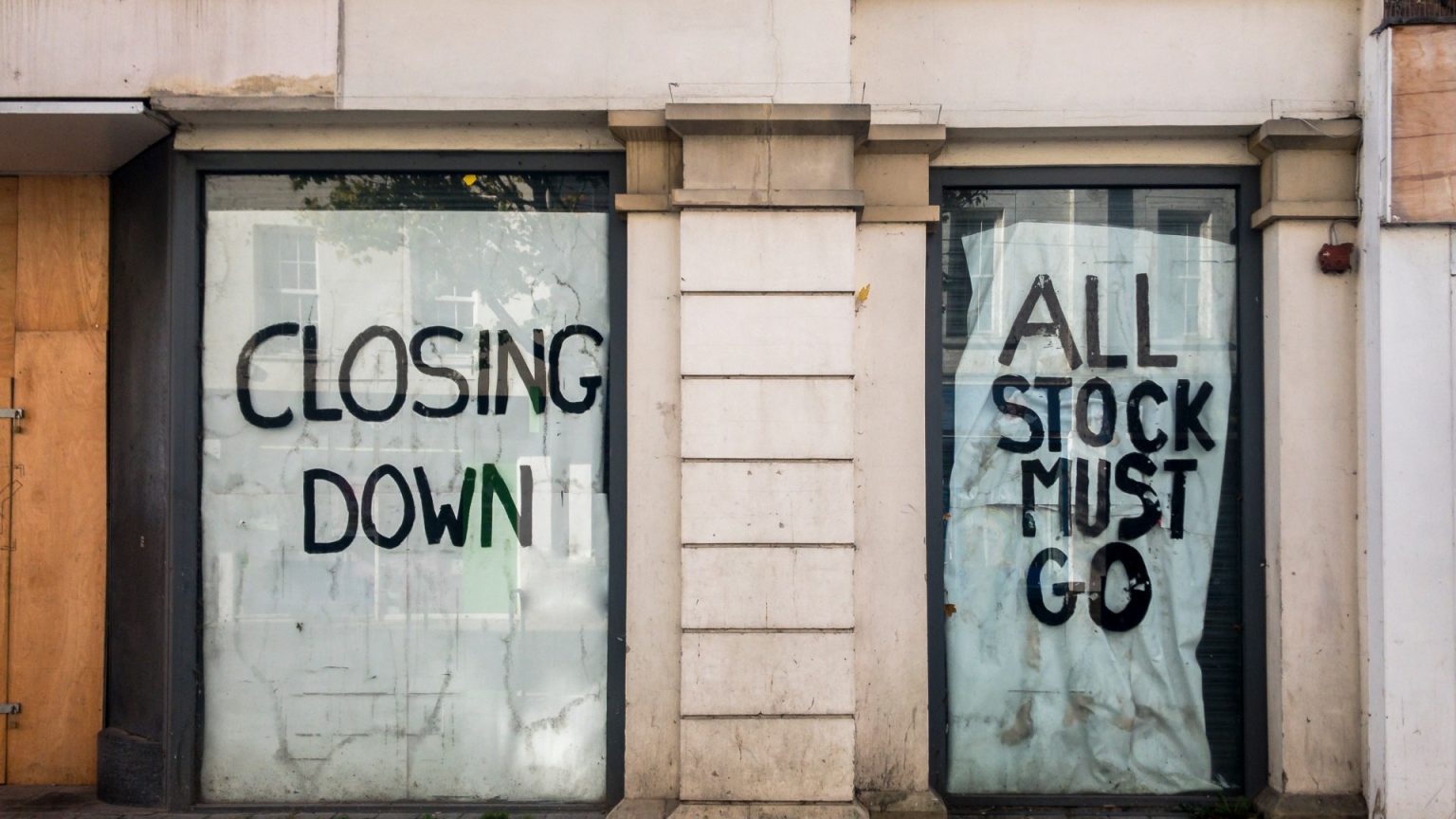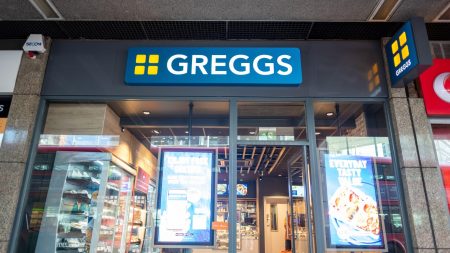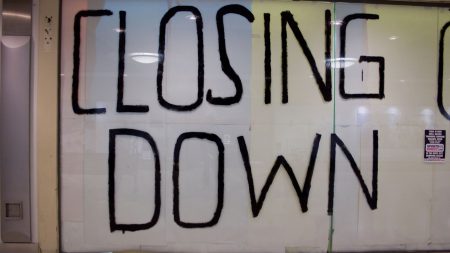Smyths Toys, a major UK toy retailer with over 120 locations, is closing its Salisbury superstore, marking another setback for the town’s retail landscape. The closure, scheduled for January 5, 2025, is attributed to the expiration of the store’s lease. The site is slated to become a new Lidl supermarket, and the adjacent Homesense store will also vacate the premises, although its closure date remains uncertain. This news follows the recent closure of Home Store in Salisbury, adding to the town’s growing list of retail vacancies. Smyths Toys expressed gratitude to its staff and customers in Salisbury, acknowledging the impact of the closure on the community and pledging to support its employees through the transition.
The announcement triggered disappointment among local shoppers, many of whom voiced their concerns on social media. The loss of Smyths Toys leaves a gap in the town’s toy retail options, raising questions about where residents will purchase toys in the future. The upcoming Lidl supermarket, which will be the chain’s second location in Salisbury, will feature a bakery, a “Middle of Lidl” aisle, restrooms, baby-changing facilities, and on-site parking. The planning application for the new supermarket, encompassing modifications to two units in the retail park, has been submitted to Wiltshire Council.
The closure of Smyths Toys exemplifies a wider trend of retail closures across the UK. The rise of online shopping, coupled with declining in-store sales and increasing staff costs, has rendered many physical stores unprofitable. Some retailers have opted to relocate to better-performing retail parks that offer free parking, a significant draw for shoppers, especially as local councils increase parking charges in town centers. Retail parks are proving to be more attractive for brands like Next and Marks & Spencer, who are seeking larger store formats in areas with higher foot traffic.
The closure of anchor stores, like Smyths Toys, often leads to a decline in footfall across the entire high street, putting other businesses at risk. This domino effect can exacerbate the decline of town centers, leaving behind empty storefronts and a sense of economic stagnation. The closure of Wilko, Debenhams, Topshop, Dorothy Perkins, and Paperchase are further examples of recent retail casualties. In many cases, when a chain goes bankrupt, another retailer or private equity firm acquires the brand’s intellectual property rights, primarily to sell online, occasionally reopening a limited number of physical stores if there is sufficient demand.
The closure of the Smyths Toys store in Salisbury is not an isolated incident; other retailers are also facing similar challenges. The Body Shop is closing two long-standing branches in Norwich and Sheffield in January 2025, after 44 and 34 years of trading, respectively. This comes after the company was rescued from administration by Aurea Group. Fashion retailer Monki, owned by H&M, will close two stores in Newcastle and Manchester as part of a brand merger with Weekday. H&M plans to close a total of seven Monki stores as part of this restructuring.
WHSmith, the stationery and book retailer, will also close a store in Bournemouth in January 2025. This is the latest in a series of closures for WHSmith, which has shuttered ten stores since March 2023, including locations in Manchester and Somerset. These closures highlight the ongoing struggles faced by brick-and-mortar retailers in the face of evolving consumer habits and economic pressures. The shift towards online shopping continues to reshape the retail landscape, forcing businesses to adapt or face the risk of closure.











